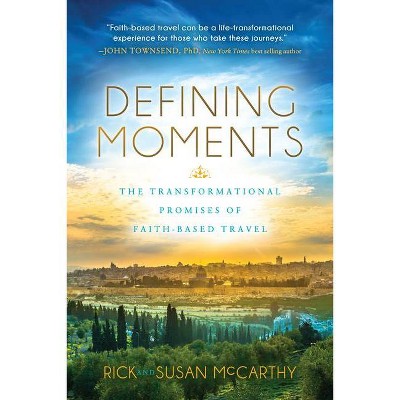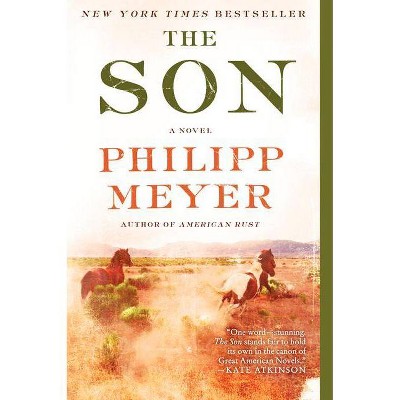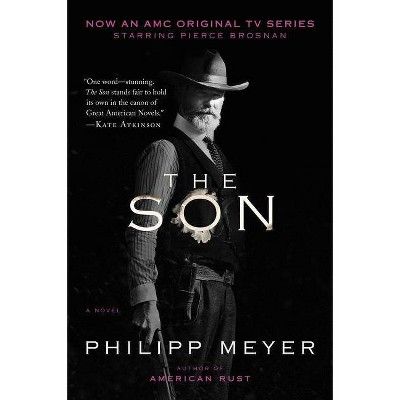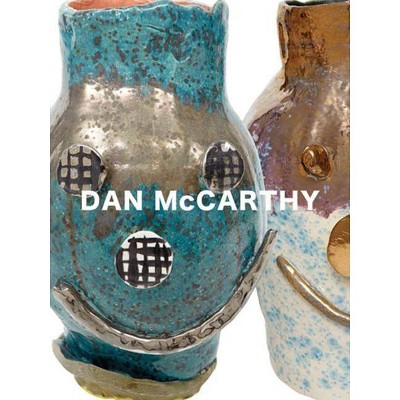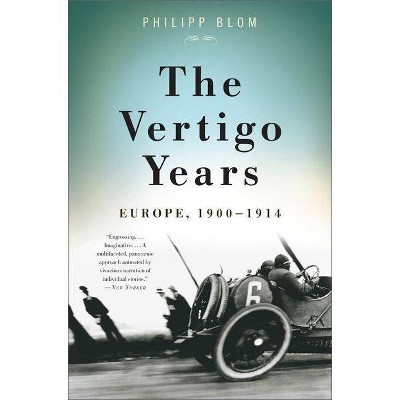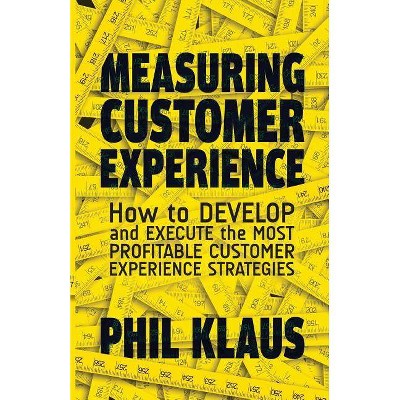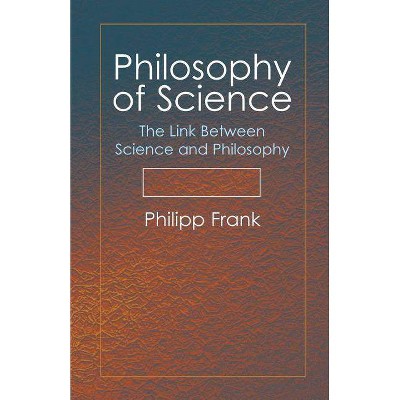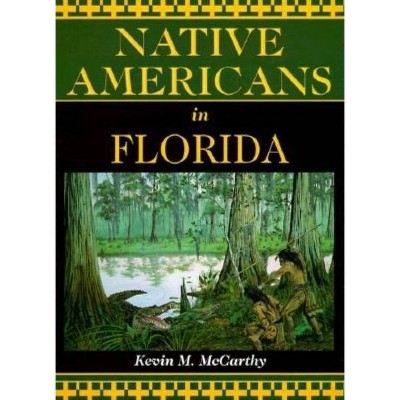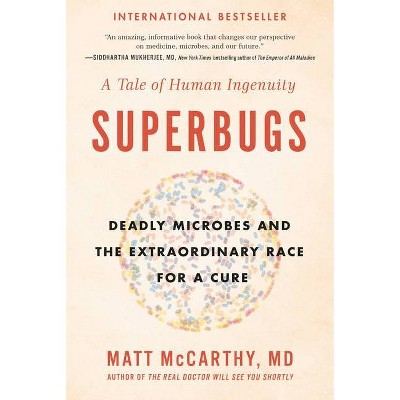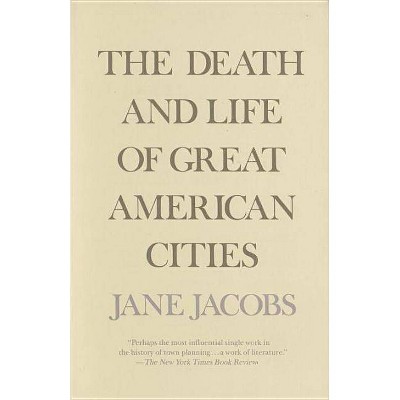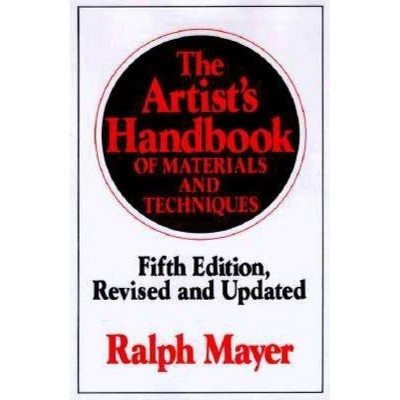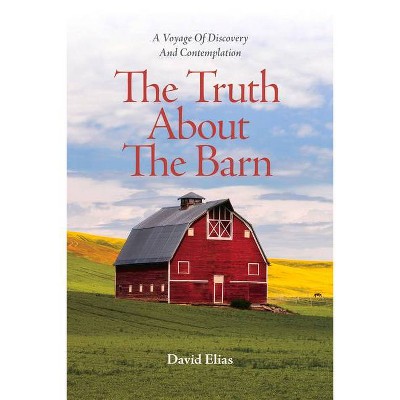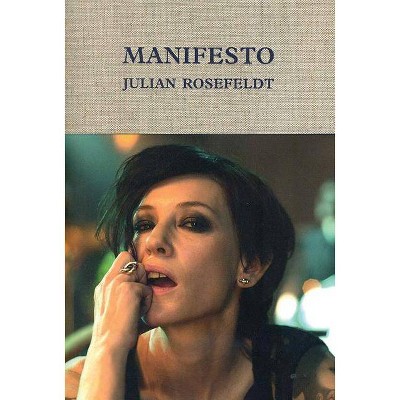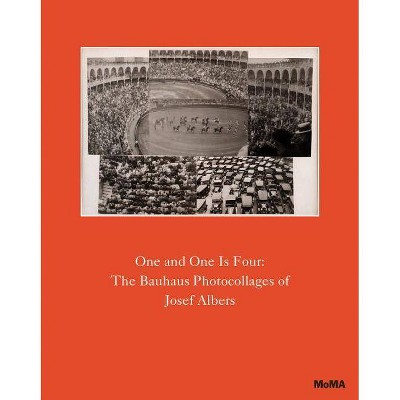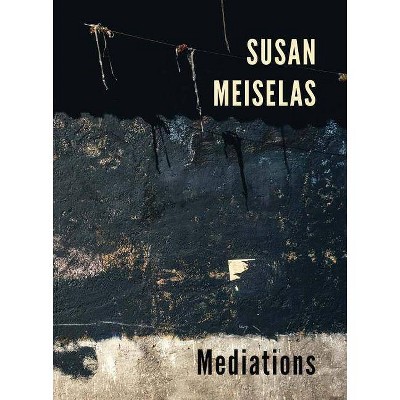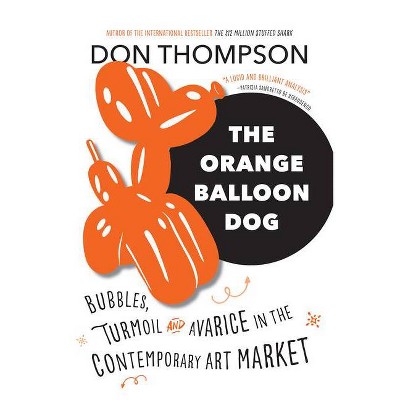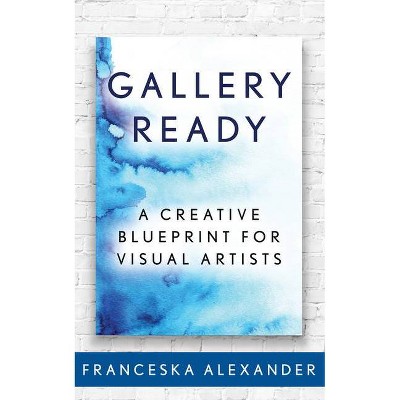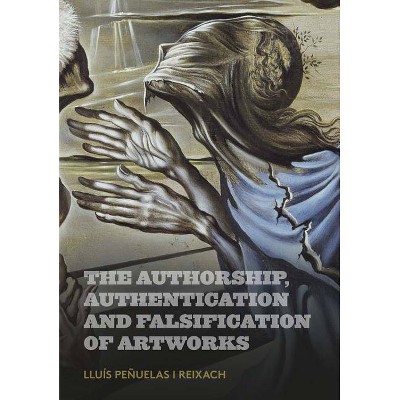Curatopia - by Philipp Schorch & Conal McCarthy (Paperback)
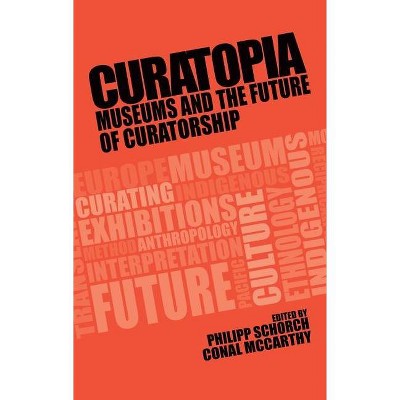
Similar Products
Products of same category from the store
AllProduct info
<p/><br></br><p><b> About the Book </b></p></br></br>Curatopia explores how curating globally is being (re)conceptualised through engagement with indigenous people in the Pacific and collections and exhibitions in Euro-American institutions.<p/><br></br><p><b> Book Synopsis </b></p></br></br><p>What is the future of curatorship? Is there a vision for an ideal model, a curatopia, whether in the form of a utopia or dystopia? Or is there a plurality of approaches, amounting to a curatorial heterotopia? This pioneering volume addresses these questions by considering the current state of curatorship. It reviews the different models and approaches operating in museums, galleries and cultural organisations around the world and discusses emerging concerns, challenges and opportunities. The collection explores the ways in which the mutual, asymmetrical relations underpinning global, scientific entanglements of the past can be transformed into more reciprocal, symmetrical forms of cross-cultural curatorship in the present, arguing that this is the most effective way for curatorial practice to remain meaningful. International in scope, the volume covers three regions: Europe, North America and the Pacific.</p><p/><br></br><p><b> From the Back Cover </b></p></br></br><i>'This provocative and timely volume provides a series of critical reflections on the future of curatorial practice. It maps out new futures for museums and collections, acknowledging that these cross-cultural institutions can only be made relevant by engaging them collaboratively and dialogically.'</i> <b>Rodney Harrison, Professor of Heritage Studies, University College London</b> What is the future of curatorship? Is there a vision for an ideal model, a 'curatopia', whether in the form of a utopia or dystopia? Or is there a plurality of approaches, amounting to a curatorial heterotopia? Addressing these questions through 'the figure of the curator', this volume provides an insightful perspective on the current state of curatorship. It reviews the different models operating in various museums, galleries and cultural organisations around the world and discusses emerging concerns, challenges and opportunities. At the core of the book is an exploration of the ways in which the mutual, asymmetrical relations underpinning global, scientific entanglements of the past can be transformed into more reciprocal, symmetrical forms of cross-cultural curatorship in the present. As the contributors argue, this is the most effective way for curatorial practice to remain meaningful. International in scope, the volume covers three broad regions: Europe, North America and the Pacific. The contributors, leading and emerging scholars and practitioners in their respective fields, have all worked in and with universities and museums, meaning that they are ideally positioned to enrich the dialogue between academia and the professional museum world.<p/><br></br><p><b> Review Quotes </b></p></br></br><br>'This provocative and timely volume, which assembles key perspectives from an impressive ensemble of international curators, scholars and critics, provides a series of critical yet rousing reflections on the future of curatorial practice. Aiming to advance the field beyond the terms of existing debates, the book maps out new futures for museums and collections, acknowledging that these profoundly cross-cultural institutions can only be made relevant by engaging them collaboratively and dialogically.' Rodney Harrison, Professor of Heritage Studies, University College London 'This ambitious and trans-disciplinary volume goes beyond familiar postcolonial critiques, which foreground imperial impositions, to convincingly argue for the centrality of global Indigenous people to past and future museological endeavors. Focusing on curation as an eminently performative, intercultural, and social process, the contributors draw on anthropology's dialogic foundations and ethnographic methods to demonstrate how current efforts to decolonize the ethnological museum can provide a model for the invigoration of ethical curatorial practice in other kinds of exhibitionary contexts as well.' Aaron Glass, Associate Professor of Anthropology and Material Culture, Bard Graduate Center 'Curatopia: Museums and the Future of Curatorship is a welcome compendium that values and explores the diverse, complex and increasingly experimental roles that curators perform in the 21st century. It provides a timely discourse in an era when the role of curators is threatened by economic rationalism and reduced by the demand for content producers in those museums that prioritize entertainment over conversations about divergent histories, difficult issues and multiple world-views. Focused on curatorship in anthropological and ethnographic museums, Curatopia is an inspiring contribution to the field of museum practice because it articulates and grapples with emerging, critical and ethical approaches to contemporary museum curatorship.' Joanna barrkman, Senior Curator UCLA, The Journal of Pacific History, 2019 'The ultimate achievement of Curatopia is to go beyond mere critics and to seriously engage in potential futures and concrete strategies, based on real curatorial experiences in museums in Europa, North America and the Pacific. In light of its programmatic title - and as an alternative to burning museums so to say - Curatopia opens up a space where "museums have a role to play"' Boasblogs <i>'Curatopia</i> is largely about navigating decolonization together as the colonizer and the colonized, the 'curatopia' being the journey that must be taken by museum professionals, museum audiences and source communities alike. Throughout the book, this argument is proven to be multifaceted, achieved through eighteen thoroughly distinguished chapters and two afterwords that display an admirable devotion to progress in the museums sector.' Journal of Curatorial Studies<br><p/><br></br><p><b> About the Author </b></p></br></br>Philipp Schorch is Professor of Museum Anthropology at Ludwig-Maximilians-Universität in Munich, Germany Conal McCarthy is Professor and Director of the Museum and Heritage Studies Programme at Victoria University of Wellington, Aotearoa New Zealand
Price History
Price Archive shows prices from various stores, lets you see history and find the cheapest. There is no actual sale on the website. For all support, inquiry and suggestion messagescommunication@pricearchive.us
